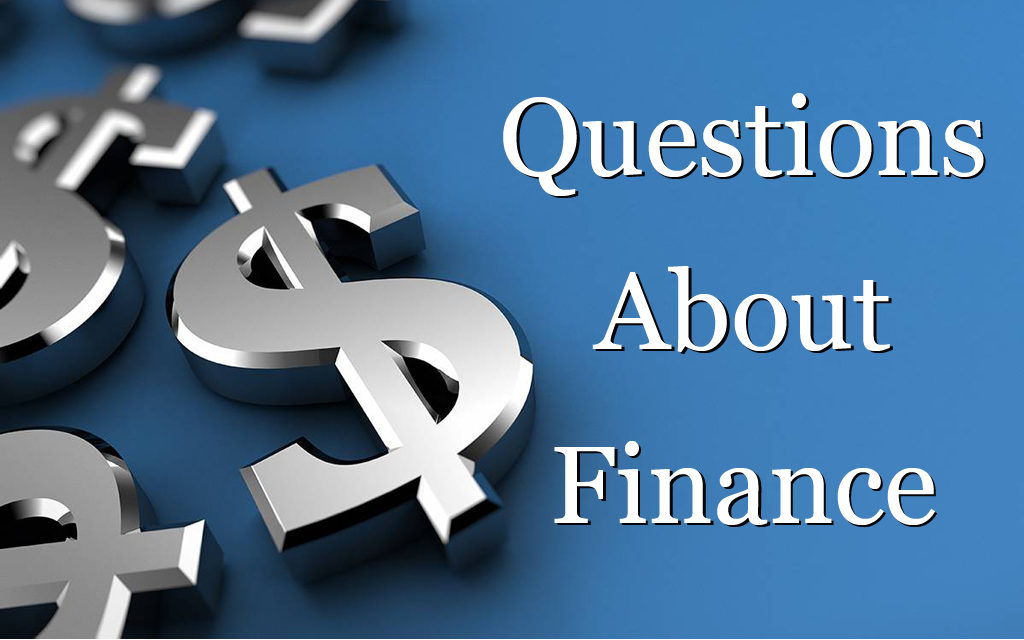By Taylor J. Kovar – CEO/Founder, Kovar Wealth Management
–Hi Taylor – Someone mentioned China might have a real estate bubble like the US did back in 2008. Also, hearing it’s going to have a ripple effect throughout the world. Any truth to that?
–Hey Leonard – Time will tell on the whole bubble-bursting thing, but some alarming signs are coming out of China’s real estate and development sector. Most of it is focused on one giant company, but as we’ve all seen, significant housing problems can reach every sector of a country’s economy.
- If you haven’t heard the name, you can expect to see it in the news more and more often. Over the last decade or so, this company has become one of China’s largest real estate developers. It’s part of the Global 500, meaning Evergrande is a major player worldwide. The houses and apartments it builds are located in China, but the company’s loans come from everywhere, which is why people on this side of the world are getting nervous. Evergrande is currently something like $300 billion in debt and spread so thin that it isn’t building homes people have already paid for. Earlier this year, it demanded all employees lend money to the company or forgo their bonuses. The company is trying to pay off debts, but it’s happening pretty slowly, so now all eyes are on the Chinese government to see if it’s going to bail out the company or not. The working theory is that Beijing won’t let the company go belly up.
- The global effect. China’s economy is massive. Like with the US, when there are money problems over there, it’s felt throughout the world. Should the Chinese tighten up spending and lending, everyone from car manufacturers to farmers to bankers will be affected. One of the reasons the problem with Evergrande is getting so much attention is that, like with Lehman Brothers in 2008, there are both lenders and homebuyers to answer to. Millions of people in China have paid for apartments that aren’t even being built. Defaulting on loans is a big enough issue, but the company’s problems could spell financial ruin for many people outside the financial and real estate sectors.
- The bubble. There were all sorts of signs leading up to the collapse in our housing market, but people either couldn’t see them or chose not to. We’ll see if the same happens in China or if responsible parties act quickly to avoid a more catastrophic collapse.
It all serves as a reminder that the world’s banking and lending channels are very intertwined. No matter what our relations are with China now, both countries’ economies depend on the other. Thanks for the question, Leonard!





